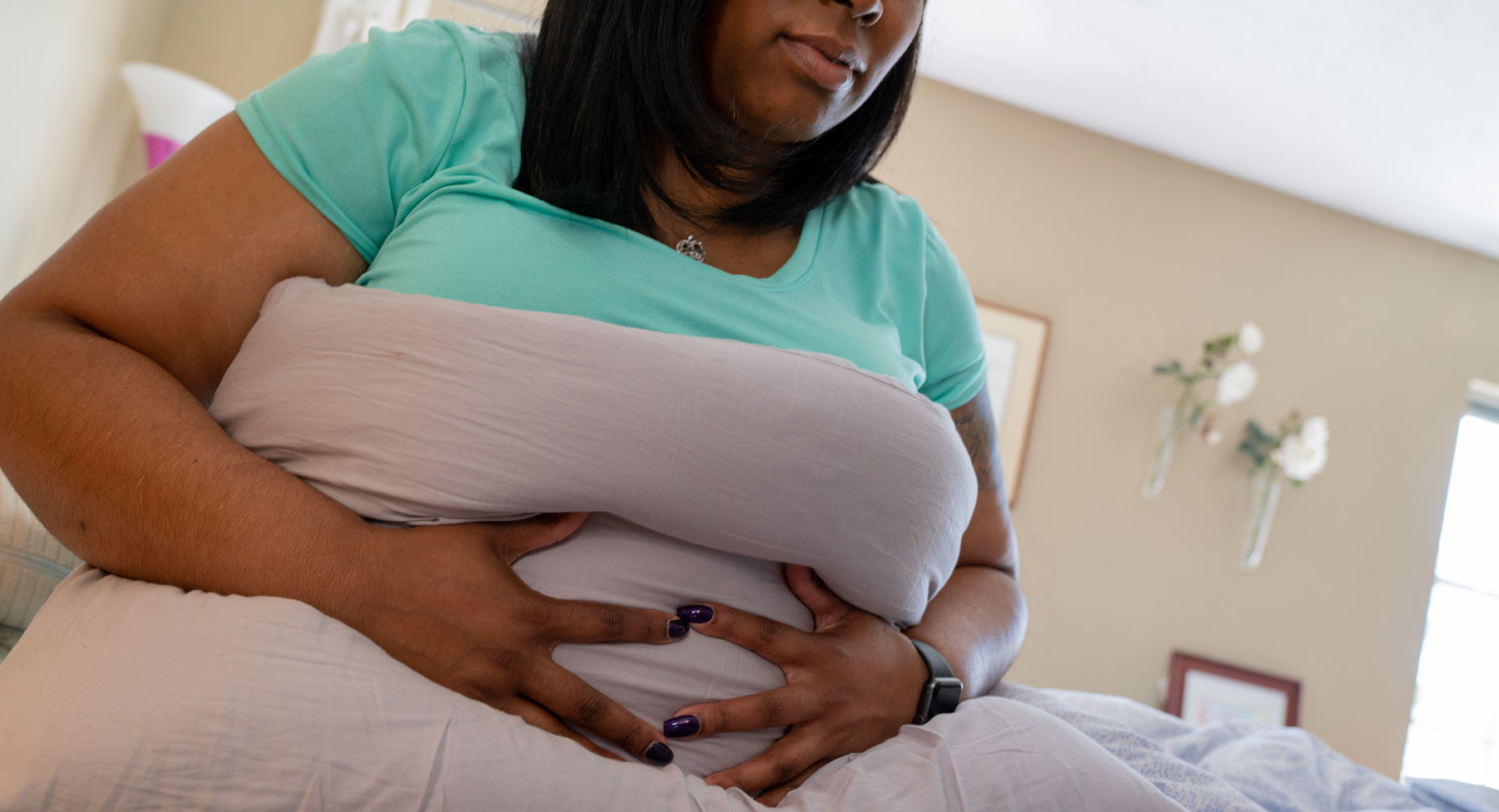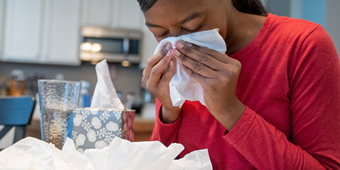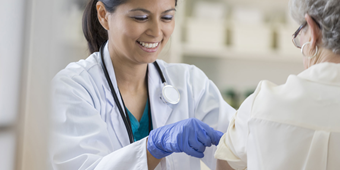Surgery’s Over? Breathe Deep for Healthy Lungs

Answer a few questions and we'll provide you with a list of primary care providers that best fit your needs.
Coughing or breathing deeply may be the last things you’ll feel like doing after abdominal or chest surgery. Because of the pain.
But, after your surgery, your respiratory therapist may recommend breathing exercises for you to do in the hospital and at home. Not to put you through extra pain, but to help you heal and protect your lungs from an infection, like pneumonia.
You’ll be instructed to cough after each breathing exercise, to expel mucus from your lungs. Mucus that stays in your lungs can become infected.
Deep breathing inflates your lungs to keep them healthy as you recover.
Deep Breathing Tools

Deep breathing inflates your lungs to keep them healthy as you recover. To help you complete your deep breathing exercises correctly, your doctor or respiratory therapist may order a device called an incentive spirometer.
The incentive spirometer, which you can use in the hospital and at home, measures the volume of air that you can hold in your lungs.
Other devices that your health care providers may order to promote your post-surgery respiratory health include:
- Positive expiratory pressure (PEP) therapy. PEP therapy involves a device with a mask or mouthpiece. The device creates positive pressure, as you breathe out, to open small airways and air sacs that may be blocked by mucus deep in your lungs. You’ll be directed to cough to remove the mucus.
- The Acapella® device. A counter-weighted plug and magnet in this device create vibrations and resistance to help move mucus out of your airways.
Deep Breathing Steps
Your health care provider could also direct you to do deep breathing exercises without a device.
In any event, follow your doctor’s and respiratory therapist’s instructions. Deep breathing exercises typically are done as follows:
- Sit upright. You may find it easier to sit on the edge of your bed, with your feet dangling. Or if you find this difficult, raise the head of your bed as high as possible.
- To help ease the pain of breathing deeply, you can hold a pillow tightly over your incision.
- First, take a few normal breaths, then take a slow, deep breath.
- Hold your breath for two to five seconds.
- Slowly and gently breathe out through your mouth, making an "O" with your lips.
- Repeat 10 to 15 times, or as many times as your doctor, nurse, or respiratory therapist instructs you.
- Cough after each deep breathing session to clear the mucus from your lungs.
Deep breathing and coughing after you’ve had chest or abdominal surgery will very likely hurt. But you’ll be doing yourself and your lungs a favor and save yourself from respiratory infections that could make your recovery even more difficult.
Answer a few questions and we'll provide you with a list of primary care providers that best fit your needs.
Source: Medline Plus; Penn Medicine




